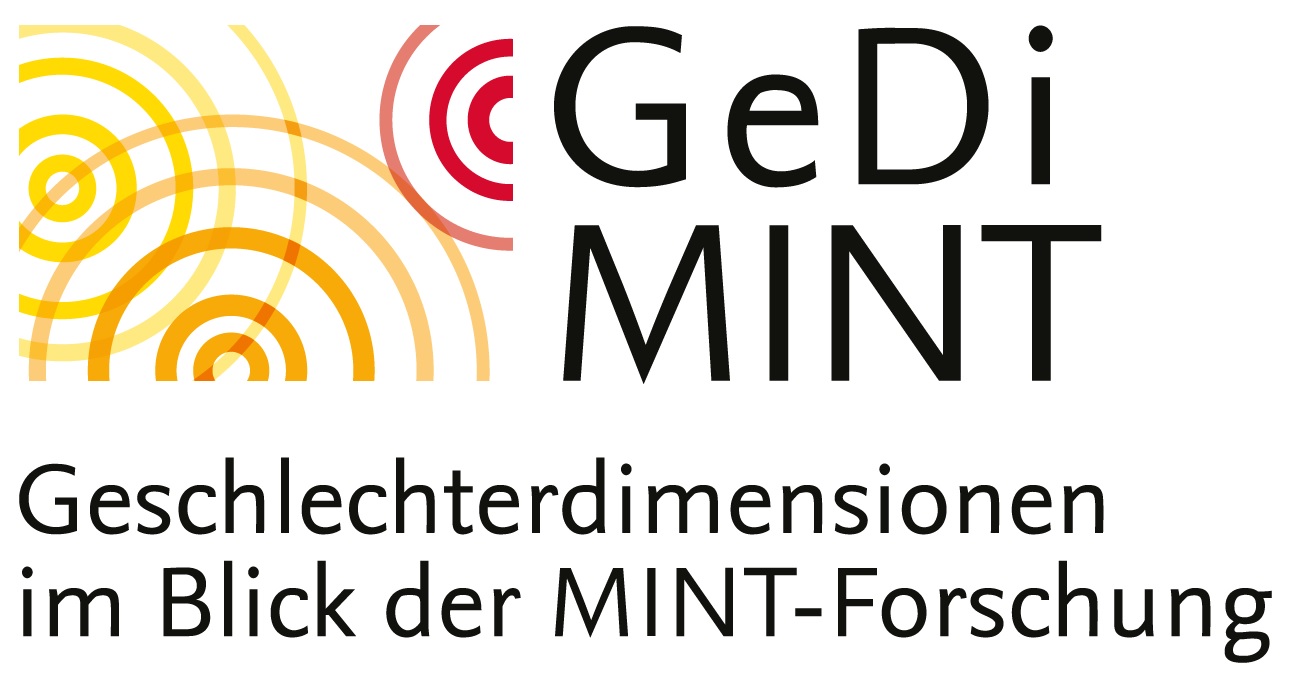Gender Roles and Social Status of Lhoba Women – A Case Study 24. November 2025 | 19:00 Uhr - 20:30 Uhr

Chinese women have witnessed earth-shattering changes in their status in politics, economy, law, and family. Particularly since the reform and opening-up policy was implemented, the rapid economic development has not only transformed women’s ideology but also enabled them to demonstrate their own value in various industries. While sharing the benefits brought by rapid economic growth, women also face many new problems and challenges, which inevitably exert a certain impact on social and economic development as well as women’s own development.
In particular, ethnic minority groups need to not only inherit their original ways of production and life but also further deepen reform and opening-up, integrate into the market economy, and embrace the new social development process. In this process, understanding the environment in which ethnic minority women live, their living conditions, and the changes in their marital and family life, education, and employment will undoubtedly play a positive role in promoting the development of ethnic minority women and future social and economic development.
In the 1960s, the Lhoba people moved from the mountains and forests to settle in Nanyi Township. They transitioned from the primitive production and lifestyle of slash-and-burn farming to the use of advanced and civilized modern production and living tools; from living in primitive thatched huts to moving into spacious and bright new houses built for secure housing. The ideology of the Lhoba people has shifted from being closed and primitive to open and democratic. The status of Lhoba women has changed from being at the lowest level to enjoying equality and mutual respect, and modern Lhoba women have established a new awareness of self-confidence, self-reliance, self-improvement, and autonomy. This has thus enabled women’s status and responsibilities within the family to keep pace with the modernization of social economy.
Referent*in
Prof. Ciren Yangzong (Lhasa, Tibet University)
Zur Website der Veranstaltung →
Veranstaltung im Kalender speichern →
